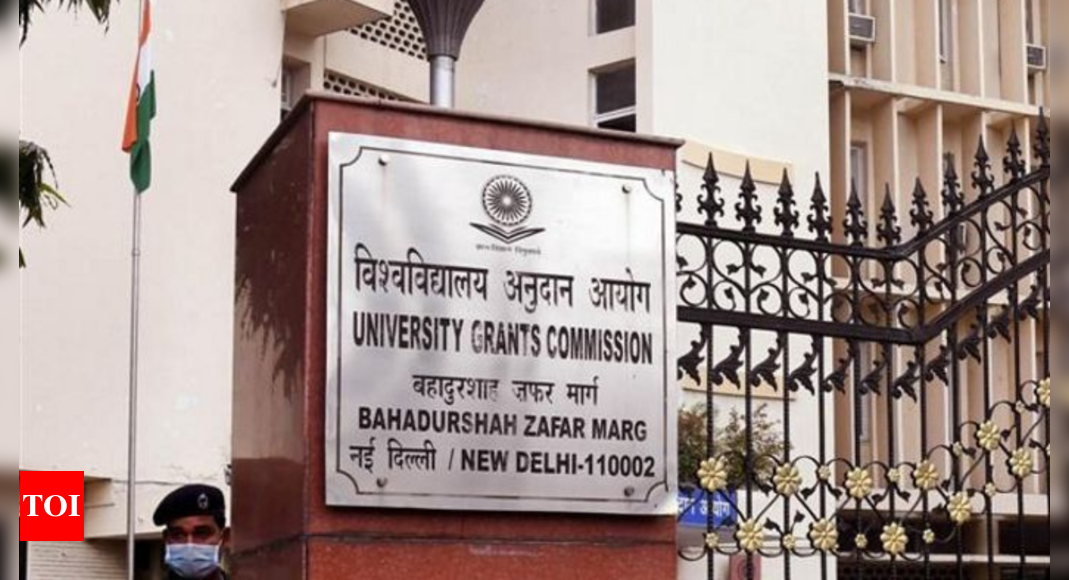The Ministry of Education in India has responded to draft guidelines proposed by the University Grants Commission (UGC) by clarifying that no reserved posts can be de-reserved. The UGC’s draft guidelines, titled ‘Guidelines for Implementation of the Reservation Policy of the Government of India in Higher Education Institutes (HEIs)’, are currently open for feedback from stakeholders.
These guidelines have faced criticism, particularly from the Congress party, which has alleged a conspiracy to end reservations for Scheduled Castes (SCs), Scheduled Tribes (STs), and Other Backward Classes (OBCs) in higher education institutions. The party claims that the Narendra Modi government is only engaging in the ‘politics of symbolism’ regarding the issues faced by Dalits, backward classes, and tribals.
In response to the controversy, the Jawaharlal Nehru University Students’ Union (JNUSU) has announced a protest against UGC Chairman M Jagadesh Kumar on Monday.
However, UGC Chairman M Jagadesh Kumar has clarified that there has been no de-reservation of reserved category positions in Central Educational Institutions (CEIs) in the past, and there will be no de-reservation in the future. The Ministry of Education also affirmed this stance, stating that the 2019 Act on reservation in Central Educational Institutions prohibits the de-reservation of reserved posts. The Ministry issued directives to all CEIs to strictly adhere to the provisions of the Act while filling up vacancies.
The new draft guidelines proposed by the UGC state that a vacancy reserved for SC, ST, or OBC candidates cannot be filled by a candidate outside of these categories. However, under certain conditions, a reserved vacancy may be declared unreserved through a de-reservation procedure and subsequently filled as an unreserved vacancy.
The guidelines further specify that de-reservation of reserved vacancies is generally prohibited for direct recruitment. However, in exceptional cases where a Group A service vacancy cannot remain vacant in the interest of the public, the concerned university may propose de-reservation. The proposal must outline the efforts made to fill the post, reasons why it cannot remain vacant, and justification for de-reservation. For Group C or D vacancies, the proposal should be submitted to the Executive Council of the University, while for Group A or B vacancies, it should be submitted to the Ministry of Education for necessary approval.
In cases of promotion, if a sufficient number of SC and ST candidates eligible for promotion against reserved vacancies are not available, such vacancies may be de-reserved and filled by candidates from other communities. The UGC and the Ministry of Education will have the power to approve the de-reservation of reserved vacancies in such cases, provided certain conditions are met.
The draft guidelines also emphasize that approval for de-reservation must be supported by the liaison officer for SC and ST of the university. In case of disagreement between the appointing authority and the liaison officer, the Department of Personnel and Training will be consulted for guidance.
The UGC Chairman has emphasized the importance for higher education institutions to ensure that all backlog positions in the reserved category are filled through concerted efforts. The Ministry of Education and the UGC aim to address concerns and gather feedback from stakeholders before finalizing the guidelines.











